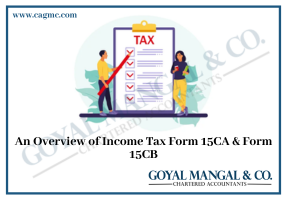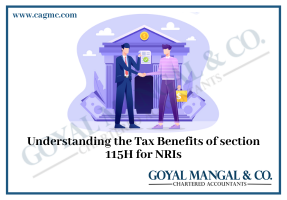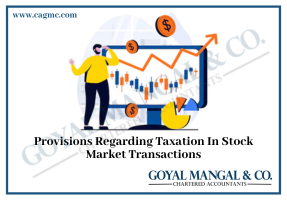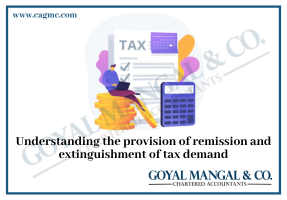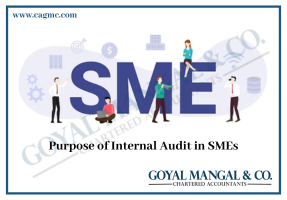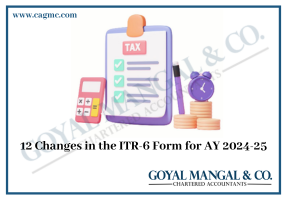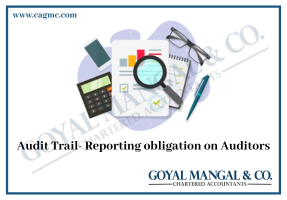The demand for content creators and bloggers is on the rise with the growth of social media demand. Blogging profession is popular among the young generation not only due to the platform it offers for self-expression but also because it is very fruitful. The income earned by a blogger is subject to tax provisions under the Income Tax Act.
| Table of Content |
WHAT IS BLOGGING??
BLOGGING is a profession which trending not only from the feature of that it provides a platform for self- expression but also due to the point that it is lucrative which attracts everyone the most. It involves the personal opinions and experiences in real life of the writer on its website which can entertain its viewers and attracts them to engage with the site.
SOURCES OF INCOME FOR BLOGGERS.
There are a couple of ways to earn for bloggers as blogging income, out of which some are discussed below;
- Advertising: It is the most common way for the bloggers to earn as if they provide a add space in their blog then whenever the viewer clicks on the add it makes money for the blogger. Google AdSense works as mediator between bloggers and advertisers so they are not required to contact with the advertisers individually.
- Affiliate Sales: When any viewer of the blog purchase the goods or services from the unique link provided by the blogger it is termed as Affiliated sales/ Reference sales. In such cases the blogger will be paid by the company a fix amount/percentage as per the terms & conditions decided between them.
- Paid Reviews: In several cases the companies directly approach the popular bloggers to present their opinions and experiences with their product/service. Here the blogger will be paid by the company for that blog which is uploaded on the company’s request.
- Some other sources are Blog consultancy, Blog Designing, SEO Services, Content Services, Freelances and many more.
APPLICABILITY OF INCOME TAX ON BLOGGING INCOME.
It is one of the common questions of the bloggers that whether the tax liability arises on gross income from blogging or some deductions/exemptions are allowed?
The answer is very simple that blogging income is considered under the of ‘Income from Business and Profession’ and some expenses are also allowed for exemption and are also eligible for the deductions of Chapter-VI of Income Tax Act, 1961.
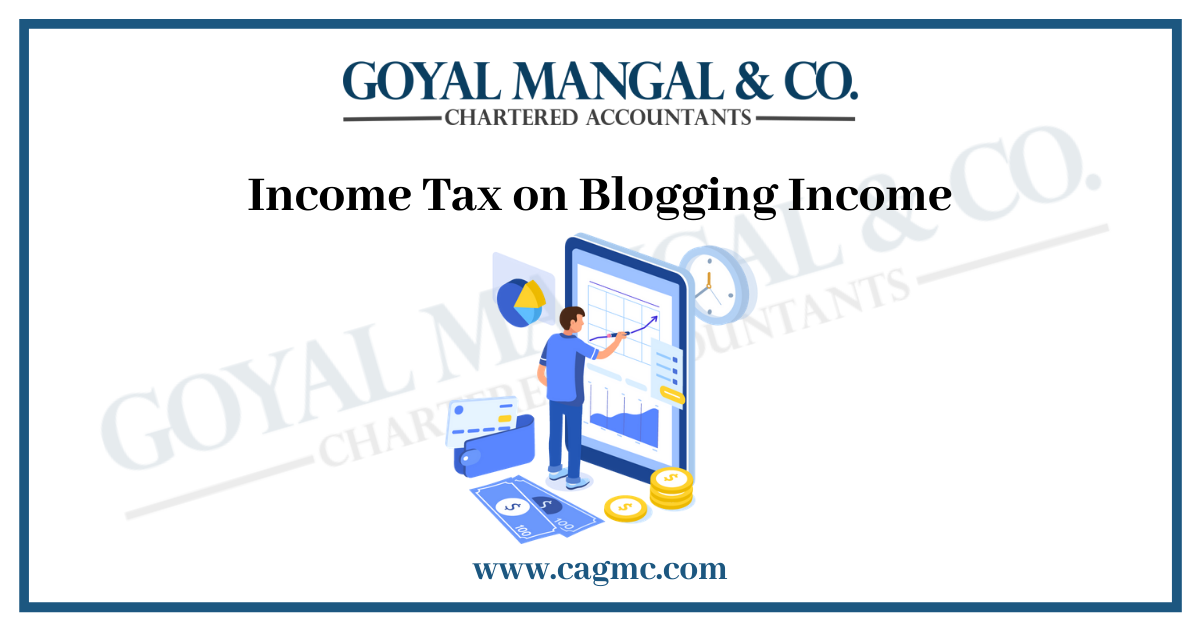
Allowable Expenses and Deductions.
There are some expenses of which a blogger can get exemption from its gross income while calculating net income for calculating its Tax Liability. These are as follows:
- Domain Hosting Expenses.
- Salaries to Employees.
- Payment to Freelance Consultants.
- Convenience Charges.
- Utility Expenses (i.e. electricity bill, telephone charges, etc.).
- Depreciation on assets (it is the cost of asset purchased which is allowed as exemption but cannot be claimed fully in the year of purchase, it can be claimed on the basis of life of asset).
- Rent
- Any other expenses which are incurred for earning Revenue.
Just like other business and professions, bloggers can also claim benefits of the investments done as covered under Section-80C of the Income Tax Act. Such as their investments in LIC Premiums, ELSS Mutual Funds, PPF Account, Health Insurance, etc.
CALULATION OF INCOME TAX ON BLOGGING INCOME.
The income tax must be paid for the income earned in the same year; hence the blogger will be required to pay the tax in installments if it exceeds the threshold limits. This is known as Advance Tax. – The Advance Tax must be paid within the due dates. – The blogger must file the income tax return within the time specified and pay the balance tax or claim refund. – The delay in thepayment of income taxes will attract penalties and interest. – The blogger will need a Permanent Account Number (PAN) for the filing of the income tax returns.
The income tax provisions applicable to bloggers with respect to the blogging income is comparable to a business owner receiving business income. If the blogger is in receipt of any other income in addition to the blogging income, then provisions of the Income Tax Act will apply accordingly. The blogger is also subject to additional taxes such as Goods and Services Tax (GST), Tax Deduction at Source (TDS) and Equalisation Levy.

